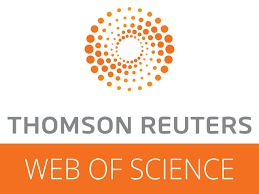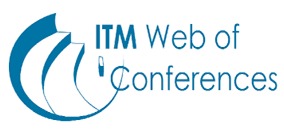About the Conference
The International Conference on Knowledge Engineering and Information Systems (KEIS 2025) serves as a premier platform for researchers, academicians, industry professionals, and students to exchange and discuss the latest advancements, innovations, and challenges in the fields of Knowledge Engineering and Information Systems. This conference will provide a forum for presenting cutting-edge research findings, methodologies, and technologies and will address the emerging trends, challenges, and opportunities in computer science and information technology. This conference aims to promote interdisciplinary research and collaboration across diverse domains and will also facilitate networking, mentorship, and professional development opportunities for participants at all career stages.
Conference Tracks
KNOWLEDGE ENGINEERING
| Knowledge Representation and Reasoning |
| Ontologies and semantic modeling |
| Rule-based systems |
| Machine learning for knowledge extraction |
| Automated reasoning and decision support |
| Knowledge discovery and pattern recognition |
| Natural language processing and semantic analysis |
| Human-computer Interaction |
| Context-aware systems and adaptive learning |
| Expert Systems and Intelligent Decision Support |
| Intelligent decision-making systems for real-world challenges |
| Collaborative knowledge systems |
| Data and Knowledge Integration |
| Data fusion and interoperability across systems |
| IoT and edge computing in knowledge systems |
| Healthcare and medical decision support systems |
| Smart cities, sustainability, and intelligent transportation |
| Industrial automation and Industry 4.0 solutions |
| Privacy and security in knowledge-based applications |
INFORMATION SYSTEMS
| Big data processing and management |
| Data warehousing and mining |
| Business intelligence and decision support systems |
| Artificial Intelligence in Information Systems |
| Cognitive computing and intelligent systems |
| Cloud, Edge, and Distributed Information Systems |
| Enterprise resource planning (ERP) systems |
| Cybersecurity in information systems |
| Risk management and compliance frameworks |
| Data protection, encryption, and access control |
| Interaction design and user experience (UX) |
| Personalization and adaptive systems |
| IoT data management and integration |
| Smart environments and IoT-based applications |
| Real-time analytics in IoT systems |
| E-governance and public sector information systems |
| Information systems for education and healthcare |
| Ethical and societal impacts of information systems |
| Blockchain and distributed ledger technologies |
| Quantum computing in information systems |
| Information Systems Development and Methodologies |



